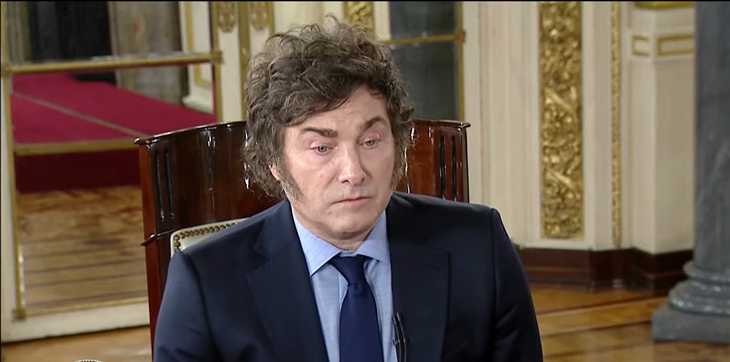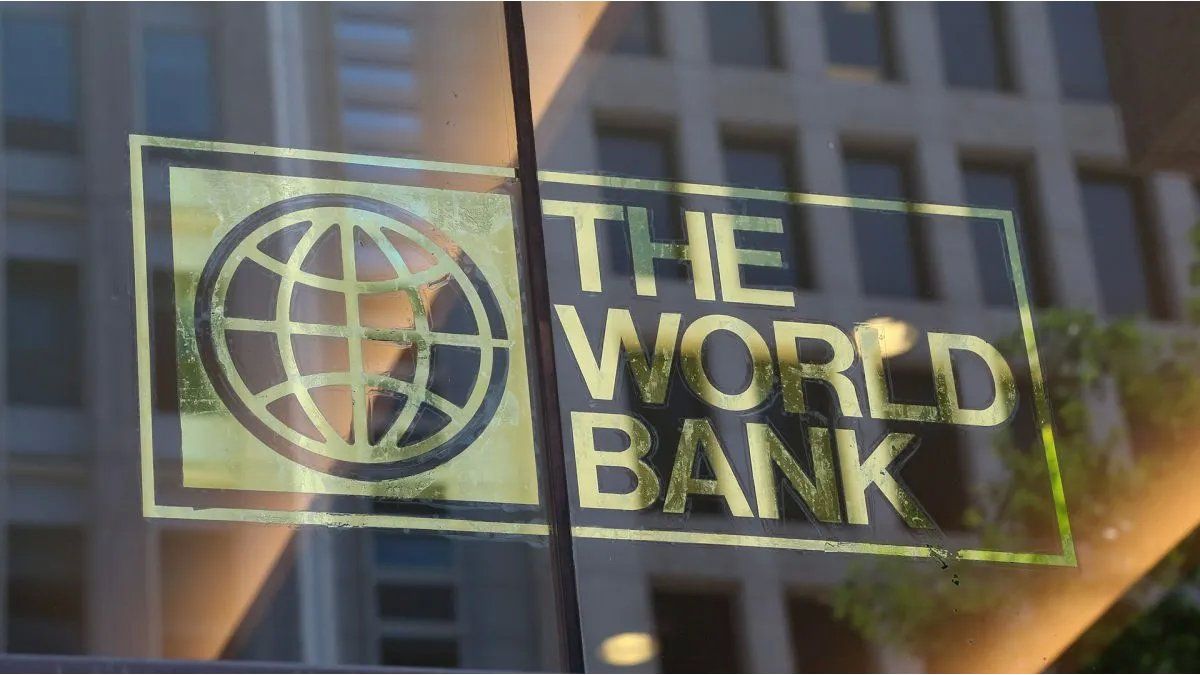In addition, the World Bank presented this week a special report with keys for Argentina to achieve sustained growth in the medium and long term.
In its economic projections for the region, the bank warned that this year the Argentine economy will fall by 3.5%, in line with the new IMF estimate, but it foresees a significant rebound in 2025.
The Government is in negotiations with the World Bank to obtain a reinforcement in credits destined for specific sectors. According to reports, what is being sought is new financing of US$2 billion, President Javier Milei would have told his Cabinet on Tuesday.
The content you want to access is exclusive to subscribers.
These credits would focus on the social field, a primary concern for the World Bank due to the deterioration of poverty rates, especially child poverty, where one in seven children lives below the necessary income threshold.


It is worth remembering that in the last week it was known that some 10 million Argentine girls and boys “eat less meat and dairy products compared to last year due to lack of money.” All this, in a context in which, in addition, the income of almost half of the households with minors is not enough to cover basic expenses for food, health and education. In families, the consumption of vegetables and fruits also decreased (58%), and only the intake of noodles and flour increased (24%), according to a UNICEF survey.
Thus, the organization, led by Ajay Banga, plans to allocate these funds to various social protection initiatives, rather than offering direct assistance to the National Treasury. The priority will be to finance projects that help mitigate the impact of the macroeconomic situation on the most vulnerable populations.. The bank’s board will begin discussing some of these initiatives in the new fiscal year that begins this month.
The reaction of the head of state
After the news spread, Javier Milei expressed his enthusiasm on the X network about this aid package, highlighting that “it will be surprising” and that it is “very outside the conventional parameters of the institution”. These credits are intended primarily for new social assistance, education and early childhood development initiatives. Currently, the bank has a portfolio of approved loans for the country that amounts to about US$8.5 billion dollars, having financed, among other projects, a significant part of the Universal Child Allowance (AUH).
Javier Milei Interview June 18.png

At the end of March, the director for Argentina had anticipated the agency’s intention to expand credits to avoid the negative social impact of the adjustment measures. “The day after the agreement with the Fund is announced, the World Bank is going to make a very strong bet on Argentina,” stated the Head of State, clarifying that these credits are not conditioned by the potential new agreement with the IMF led by Georgieva. These programs and their financing are defined annually with the World Bank, without involving the private sector, the provinces or investments linked to the RIGI incentive regime for large companies of the Bases Law.
In addition, the World Bank presented this week a special report with keys for Argentina to achieve sustained growth in the medium and long term. In its economic projections for the region, the bank warned that this year the Argentine economy will fall by 3.5%, in line with the new IMF estimate, but it foresees a significant rebound in 2025.
Source: Ambito




